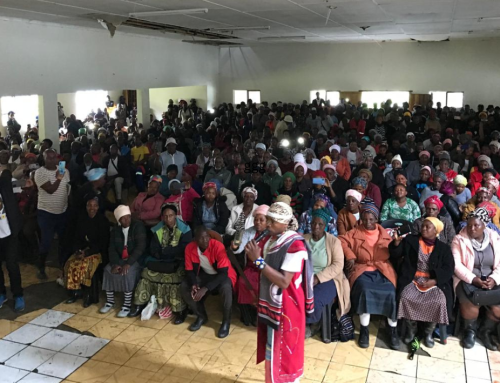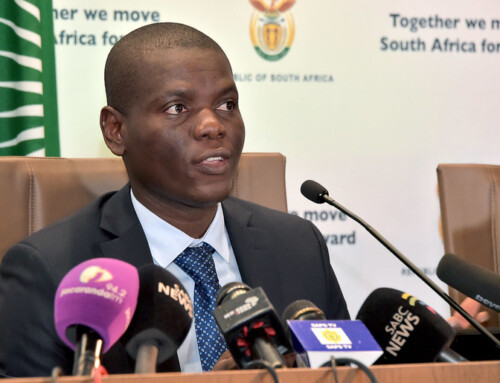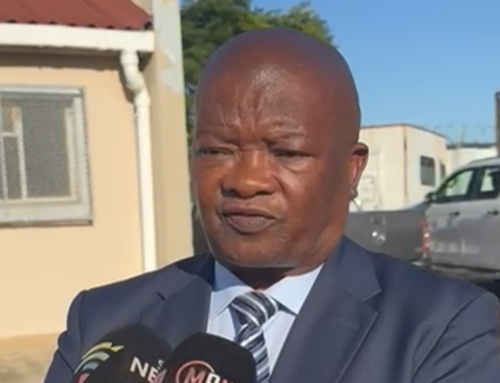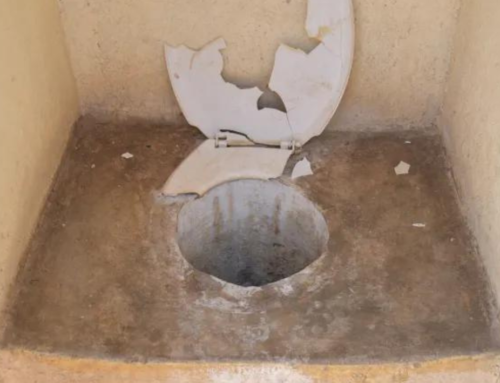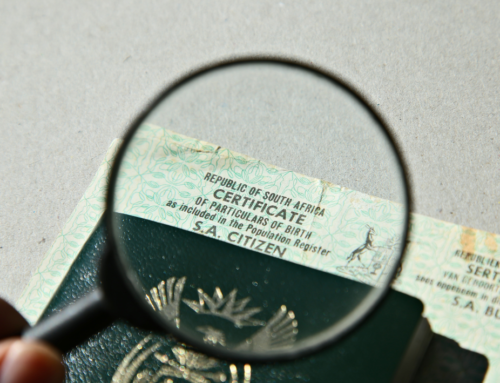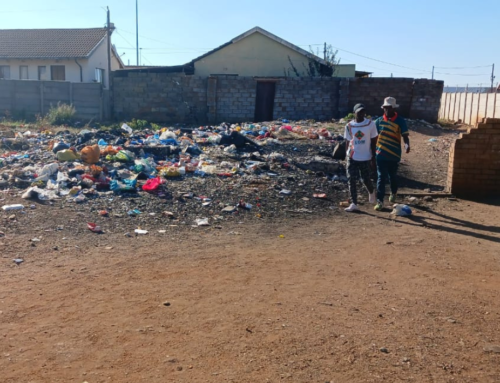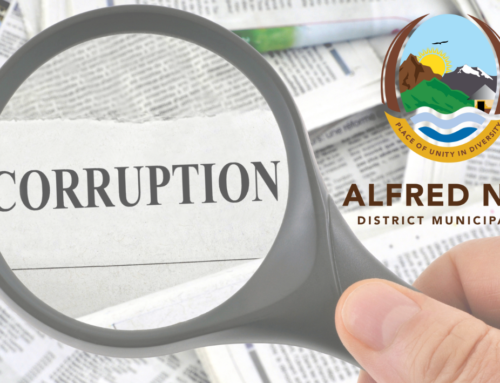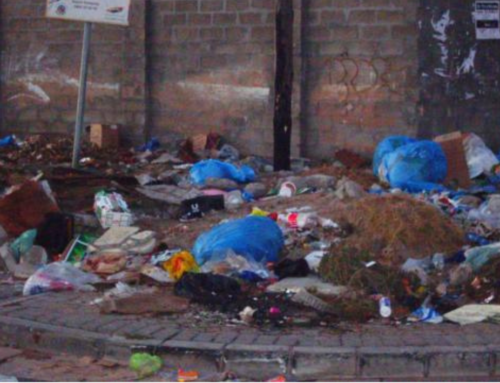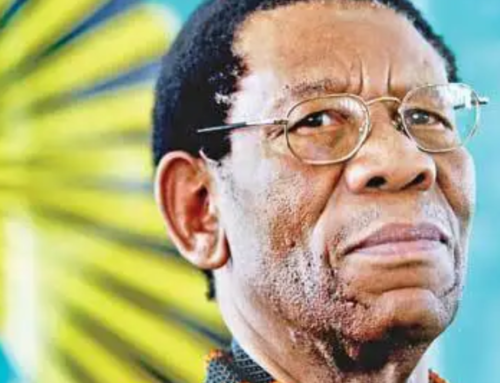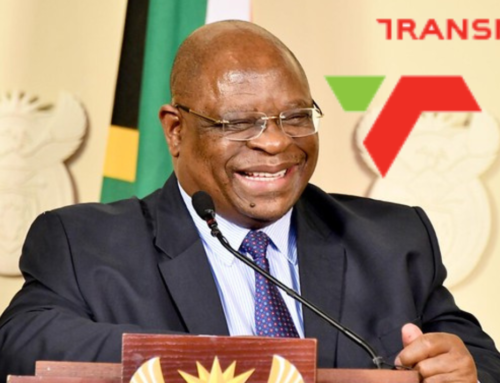 Honourable TR Modise
Honourable TR Modise
Speaker of the National Assembly
PO Box 15
Cape Town
8000
Honourable Speaker
Notice: UDM not to participate in the debate and vote on the motion of no confidence in the President of the Republic
1. On 22 June 2017 the Constitutional Court ruled in favour of the United Democratic Movement’s (UDM) argument and made a seminal ruling that the Speaker of the National Assembly had the power to decide on whether a vote in the National Assembly could be conducted in secret.
2. The Constitutional Court summarised the UDM’s main argument as follows: “… if the voting process were to expose their identities, these factors would prevent members of the National Assembly to vote according to their individual conscience without undue influence, intimidation or fear of disapproval by others.”
3. This argument is as relevant today as it was then and our historical victory had led to your predecessor, the former speaker of the National Assembly, Ms Baleka Mbete, establishing the precedent and principle that when a motion of no confidence is brought in the President of the Republic of South Africa, a secret ballot was needed.
4. The Constitutional Court further summarised its ruling as follows: “When the Speaker exercises the power to determine the appropriate voting procedure in the motion under particular circumstances, several factors would have to be taken into account. These include but are not limited to:
(a) whether the chosen voting procedure would allow Members of the National Assembly to vote according to their conscience and in the furtherance of the best interests of the people;
(b) whether the prevailing circumstances are either peaceful, or toxified and potentially hazardous;
(c) the imperative of the Speaker’s impartiality must be consciously factored into the decision-making process;
(d) the effectiveness of a motion of no confidence as an accountability and consequence-management tool must be enhanced by the chosen voting procedure;
(e) the possibility of corruption or bribes in the event of a secret ballot must be considered;
(f) the need for the value of transparency to find expression in the passing of the motion must be taken into account;
(g) the decision must be rationally connected to the purpose of a motion of no confidence and should not be made arbitrarily.”
5. Given these very specific points that the Constitutional Court has stipulated for the Speaker to consider in making a determination, the UDM is not convinced of the arguments proffered, in a statement, in advancing your decision to have an open ballot.
6. As a matter of principle, the UDM will therefore not be participating in tomorrow’s debate and vote of no confidence in His Excellency President Cyril Ramaphosa.
Yours sincerely
Mr Bantu Holomisa, MP
President of the United Democratic Movement



